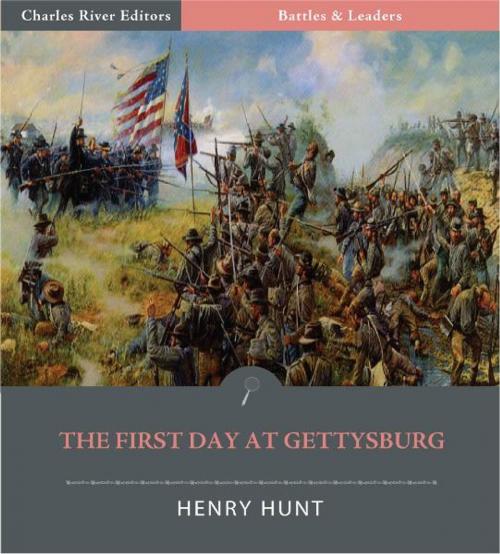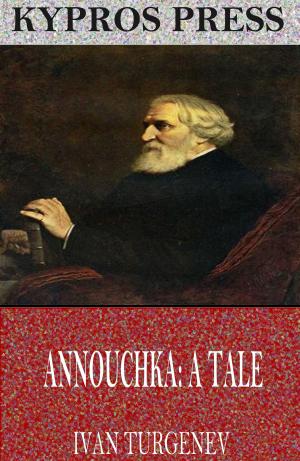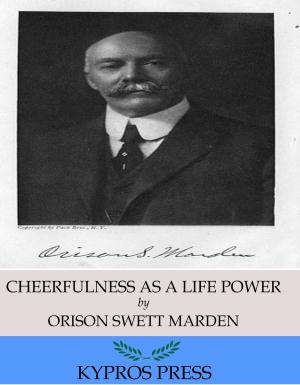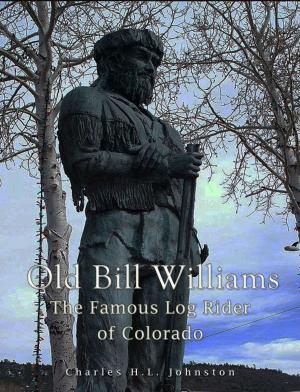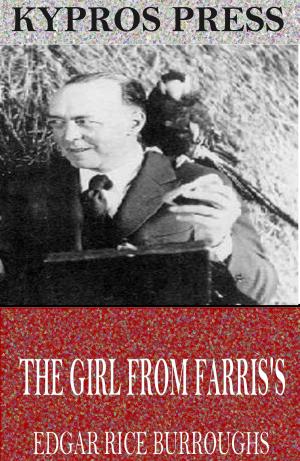Battles & Leaders of the Civil War: The First Day at Gettysburg
Nonfiction, History, Americas, United States, Civil War Period (1850-1877), 19th Century, Military| Author: | Henry J. Hunt | ISBN: | 9781619821880 |
| Publisher: | Charles River Editors | Publication: | January 18, 2012 |
| Imprint: | Language: | English |
| Author: | Henry J. Hunt |
| ISBN: | 9781619821880 |
| Publisher: | Charles River Editors |
| Publication: | January 18, 2012 |
| Imprint: | |
| Language: | English |
Henry Jackson Hunt (September 14, 1819 February 11, 1889) was Chief of Artillery in the Army of the Potomac during the Civil War. Considered by his contemporaries the greatest artillery tactician and strategist of the war, he was a master of the science of gunnery and rewrote the manual on the organization and use of artillery in early modern armies. His courage and tactics affected the outcome of some of the most significant battles in the war. In 1856 Hunt was a member of a three-man board that revised field artillery drill and tactics for the army. The Instructions for Field Artillery manual written by the three was published by the War Department in 1861 and was the "bible" of Northern field artillerists during the war. He was a principal proponent of the organizational doctrine that allowed infantry brigades to retain artillery batteries for close-in support, but that moved batteries formerly assigned to divisions and corps to an Artillery Reserve at the army level for more strategic control. Hunt's most important role during the war came at Gettysburg, especially on Day 3. Although Hunt was involved in the artillery the previous two days, it was his handling of the artillery was conspicuous in the repulse of Pickett's Charge on July 3. In particular, with the Union line on Cemetery Ridge under massive bombardment, Hunt was able to resist command pressure that would have expended all his ammunition in counter-battery fire, reserving sufficient amounts for anti-personnel fire in the attack he knew was coming. Additionally, his orders to cease firing fooled the Confederates into thinking his batteries were destroyed, thus allowing Picketts Charge to proceed. Once it did, Hunts concealed placement of Lt. Col. Freeman McGilvery's batteries north of Little Round Top caused massive casualties in the infantry assault. He was rewarded for his service with the brevet of colonel in the regular army. After the war, the artillery chief wrote a critically acclaimed account of the Battle of Gettysburg, covering all three days in separate essays within the well known and highly regarded Battles & Leaders series. This edition of his account of Day 1 includes pictures of the battle's famous generals
Henry Jackson Hunt (September 14, 1819 February 11, 1889) was Chief of Artillery in the Army of the Potomac during the Civil War. Considered by his contemporaries the greatest artillery tactician and strategist of the war, he was a master of the science of gunnery and rewrote the manual on the organization and use of artillery in early modern armies. His courage and tactics affected the outcome of some of the most significant battles in the war. In 1856 Hunt was a member of a three-man board that revised field artillery drill and tactics for the army. The Instructions for Field Artillery manual written by the three was published by the War Department in 1861 and was the "bible" of Northern field artillerists during the war. He was a principal proponent of the organizational doctrine that allowed infantry brigades to retain artillery batteries for close-in support, but that moved batteries formerly assigned to divisions and corps to an Artillery Reserve at the army level for more strategic control. Hunt's most important role during the war came at Gettysburg, especially on Day 3. Although Hunt was involved in the artillery the previous two days, it was his handling of the artillery was conspicuous in the repulse of Pickett's Charge on July 3. In particular, with the Union line on Cemetery Ridge under massive bombardment, Hunt was able to resist command pressure that would have expended all his ammunition in counter-battery fire, reserving sufficient amounts for anti-personnel fire in the attack he knew was coming. Additionally, his orders to cease firing fooled the Confederates into thinking his batteries were destroyed, thus allowing Picketts Charge to proceed. Once it did, Hunts concealed placement of Lt. Col. Freeman McGilvery's batteries north of Little Round Top caused massive casualties in the infantry assault. He was rewarded for his service with the brevet of colonel in the regular army. After the war, the artillery chief wrote a critically acclaimed account of the Battle of Gettysburg, covering all three days in separate essays within the well known and highly regarded Battles & Leaders series. This edition of his account of Day 1 includes pictures of the battle's famous generals
